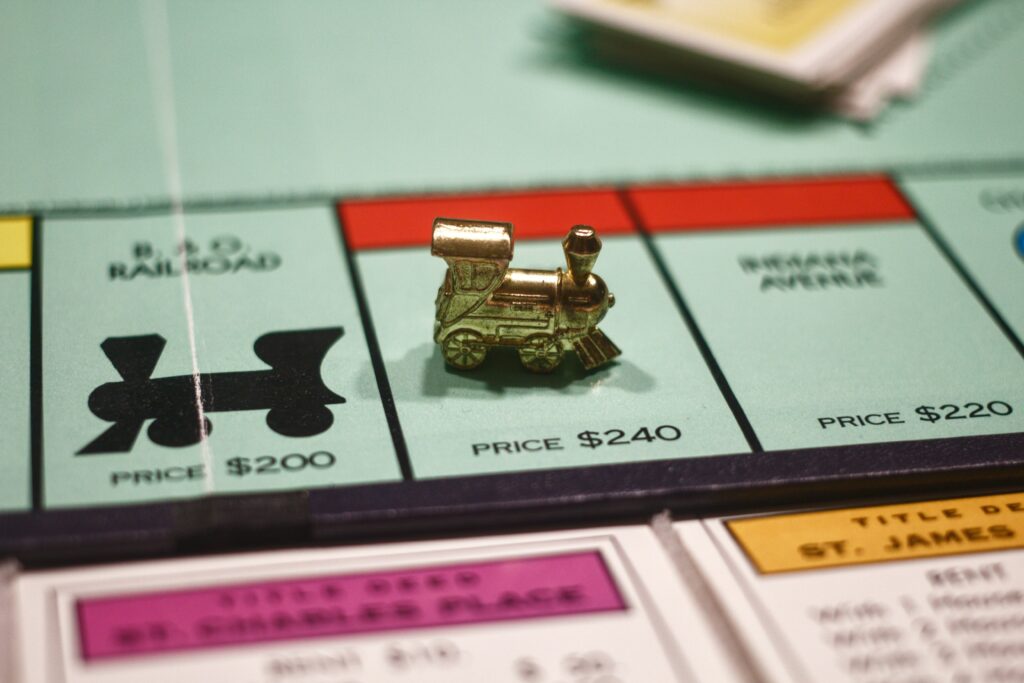Exploring the intricate interplay between gambling and economic inequality reveals a fascinating connection that transcends mere chance. As I delve into this complex relationship, it becomes evident that gambling behaviors can both reflect and exacerbate existing disparities in wealth and opportunity. The allure of quick wins and the thrill of risk-taking often intersect with socioeconomic factors, shaping a narrative that goes beyond individual choices.
In this article, I’ll navigate the nuanced dynamics between gambling activities and the broader landscape of economic inequality. By shedding light on how these two realms intersect, we can gain a deeper understanding of the societal implications that arise from disparities in financial resources and access to opportunities. Join me on this journey as we uncover the multifaceted dimensions of the relationship between gambling and economic inequality.
Exploring the Link Between Gambling and Economic Class
When delving into the relationship between gambling and economic class, it becomes evident that the impact extends beyond individual choices. Specifically, the influence of economic inequality on gambling behaviors sheds light on broader societal implications.
The Impact of Gambling on Lower Income Groups
In analyzing the impact of gambling on lower income groups, it’s crucial to consider the disproportionate effect it can have on individuals with limited financial resources. For many in this demographic, the allure of potential winnings can serve as a beacon of hope amidst economic challenges. However, the reality often paints a different picture, as the odds are typically stacked against them. Consequently, the pursuit of quick financial gains through gambling can perpetuate a cycle of poverty and financial instability.
How Middle and Upper Classes Engage With Gambling
Contrastingly, the middle and upper classes approach gambling from a different vantage point. With more disposable income at their disposal, these groups may view gambling as a form of entertainment or leisure activity rather than a means to escape financial hardship. Their participation in gambling activities is often driven by factors such as social interactions, thrill-seeking behavior, or simply enjoying the experience without the same level of financial risk faced by lower income individuals. This disparity in engagement highlights how economic class influences the perception and utilization of gambling within society.
Consequences of Gambling on Personal and Community Finances
Engaging in gambling can have significant repercussions on both individual financial stability and broader community economic well-being.
Gambling’s Role in Financial Despair and Debt Accumulation
Gambling can often lead to financial despair and the accumulation of substantial debts for individuals. In the pursuit of winning, many individuals, especially those from lower income brackets, may find themselves trapped in a cycle of continuous losses, exacerbating their financial struggles. The allure of potential financial gains can cloud judgment, resulting in individuals taking on high-risk bets or loans to fuel their gambling habits. This cycle of debt accumulation can have long-lasting effects on personal finances, leading to bankruptcy, loss of assets, and strained relationships with family and communities.
Community Economic Development and Gambling Revenue
While gambling can generate substantial revenue for communities, the reliance on this income source can have mixed consequences for economic development. Communities that depend heavily on gambling revenue may experience fluctuations in funding streams, making long-term economic planning challenging. Moreover, the distribution of gambling revenue within communities may not always address underlying economic disparities or contribute to sustainable development initiatives. The influx of gambling establishments in a community can also lead to social issues such as increased crime rates and addiction problems, offsetting the potential economic benefits.
Regulatory Measures and Their Effectiveness
- Government Policies on Gambling
Government policies on gambling play a crucial role in shaping the industry and mitigating its negative effects. Regulations are designed to ensure fair gameplay, protect vulnerable individuals, and combat criminal activities associated with gambling. By implementing laws that govern aspects like age restrictions, responsible gaming practices, and advertising guidelines, governments aim to maintain integrity within the gambling sector. - The Role of Regulatory Bodies in Fair Gambling Practices
Regulatory bodies oversee the implementation of gambling laws and regulations to safeguard the interests of both players and the public. These entities monitor casinos, online platforms, and other gambling facilities to guarantee compliance with established rules. By conducting audits, issuing licenses, and imposing sanctions for violations, regulatory bodies contribute to fostering transparency, accountability, and trust within the gambling industry.
Case Studies and Their Insights

Examples From Various Socio-economic Strata
In exploring the impact of gambling on different socio-economic groups, the data reveals significant disparities in gambling habits and consequences. For instance, studies have shown that individuals from lower income brackets are more likely to experience negative outcomes from gambling, such as increased financial strain, higher levels of debt, and strained relationships due to these financial burdens. On the other hand, individuals from higher-income backgrounds may engage in gambling as a form of entertainment without experiencing the same detrimental effects. These examples underscore how economic disparities play a crucial role in shaping the outcomes of gambling activities within society.
Navigating Through Economic Disparities in Gambling
Navigating the economic disparities related to gambling requires a nuanced approach that addresses the underlying socio-economic factors influencing individuals’ gambling behaviors. For instance, implementing targeted interventions such as financial education programs for vulnerable populations can help mitigate the negative impact of gambling on lower income groups. Additionally, promoting responsible gambling practices and providing support services for individuals dealing with gambling-related harm can contribute to a more equitable gambling environment. By acknowledging and addressing economic disparities in gambling, stakeholders can work towards creating a more inclusive and sustainable approach to managing gambling activities within communities.




